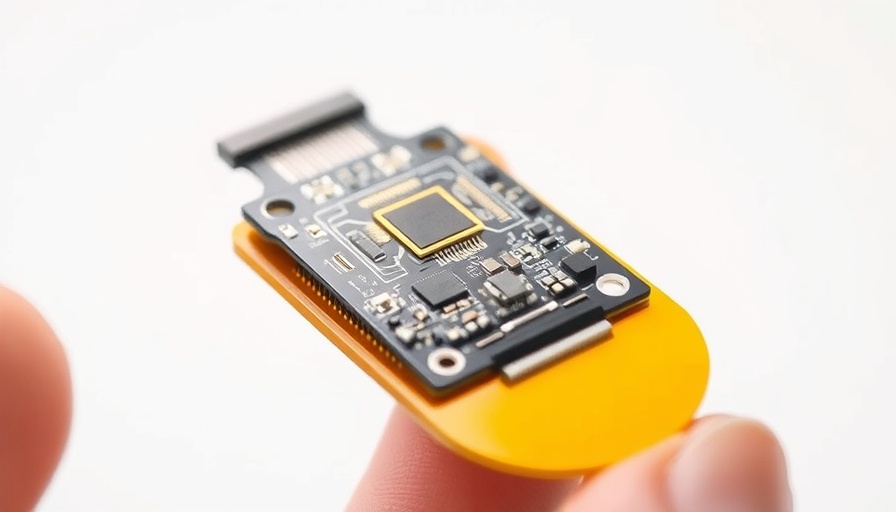
A Revolutionary Approach to Pain Management
Chronic pain affects millions of Americans, making daily tasks challenging and leading many to rely on opioid medications that carry the risk of addiction. Researchers at the University of Southern California (USC) have created an innovative ultrasound device that offers a drug-free solution, potentially changing the landscape of pain relief.
The Ultrasound-Induced Wireless Implantable Device
The new wireless implantable device, known as the Ultrasound-Induced Wireless Implantable (UIWI) stimulator, promises to alleviate pain without the downsides of traditional methods. Unlike existing spinal cord stimulators, which can be bulky and require invasive procedures for battery replacements, this cutting-edge device is flexible, designed to move with the body, and powered by an external ultrasound transmitter. The technology harnesses mechanical waves to generate electrical signals directly for stimulation, thanks to a miniaturized piezoelectric element. This means no more reliance on batteries or unwieldy wiring systems.
The Future of Pain Relief: Personalized and Adaptive
This implant is equipped with machine-learning algorithms, allowing for real-time adaptation to each patient's needs. As Professor Qifa Zhou explains, it aims to provide tailored pain management that aligns closely with clinical needs, potentially eliminating the necessity for pharmacological approaches altogether. By continuously adjusting to a user's specific pain signals and bodily movements, the UIWI stimulator offers a personalized approach to pain relief that was previously unimaginable.
Embracing Drug-Free Solutions
The introduction of this device represents a significant advancement in managing chronic pain. With over 51.6 million Americans experiencing chronic pain, this innovation could help reduce their dependence on addiction-prone opioids. At a time when the healthcare community seeks more sustainable and safer pain management solutions, USC's wireless implant provides hope for better outcomes and improved quality of life for many. As the research continues to evolve, the future is undeniably bright for those seeking relief from the shackles of chronic pain.
 Add Row
Add Row  Add
Add 




Write A Comment